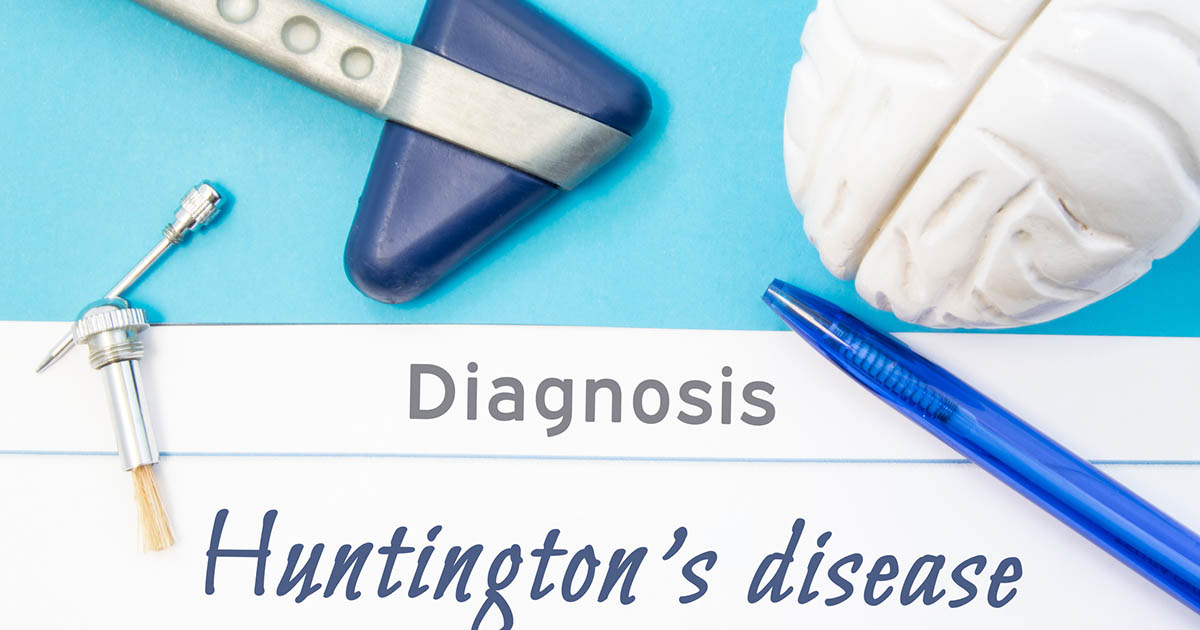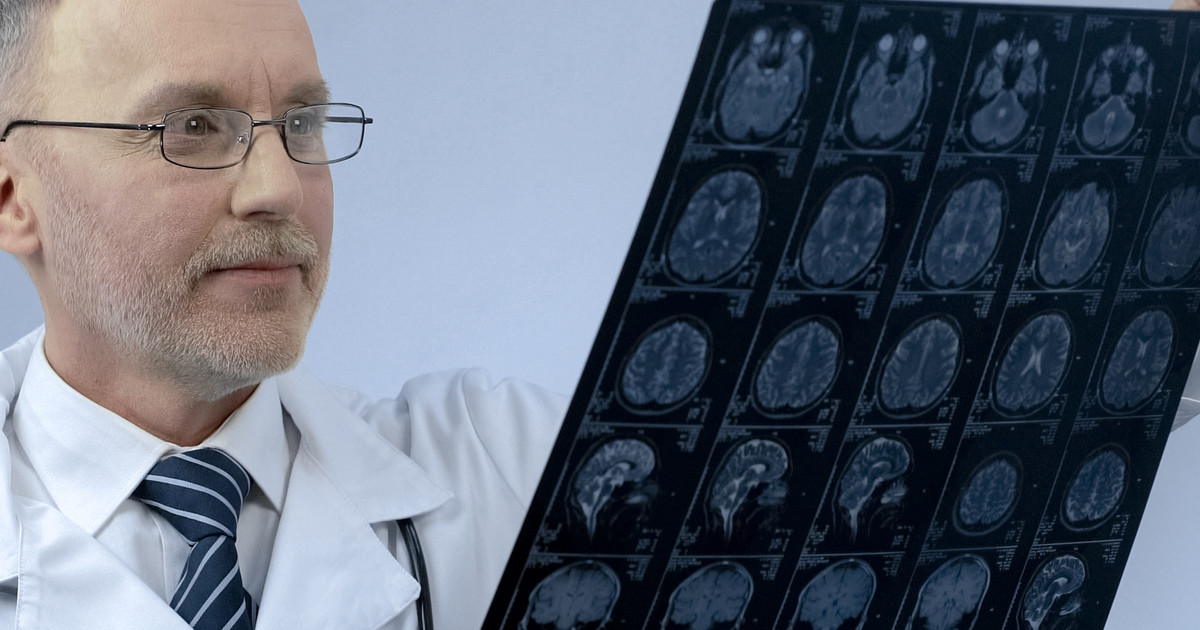Overview Of The Major Types Of Dementia
Huntington's Disease

Huntington's disease is another progressive condition that affects an individual's brain. It is also an inherited condition, which means individuals will develop it due to a genetic mutation. In the case of Huntington's disease, it is a defective gene on chromosome 4. Patients only need one copy of the defective gene to develop this condition. Huntington's disease has a wide range of effects on an individual's body and its function. Many patients deal with movement disorders and see symptoms such as impaired balance and gait, involuntary jerking movements, as well as rigid muscles or muscle contracture.
Huntington's disease patients often deal with psychiatric issues, including personality changes, irritability, apathy, and a lack of energy. This condition also causes symptoms of dementia. Specifically, Huntington's disease causes memory problems, a decline in thinking and reasoning, concentration issues, and similar symptoms. Unfortunately, no treatment can change the ultimate progression of Huntington's disease, though some medications can help patients manage their symptoms. Examples include medication to control chorea, such as clonazepam and tetrabenazine. Speech therapy, physical therapy, and psychotherapy are also helpful.
Wernicke-Korsakoff Syndrome

Wernicke-Korsakoff syndrome is another brain disorder. It is the result of a thiamine (vitamin B1) deficiency. However, it is worth understanding that it is two different conditions that appear at the same time: Wernicke's disease and Korsakoff syndrome. Most individuals deal with the symptoms of Wernicke's disease first. They include a drooping upper eyelid, double vision, and ataxia, which is the loss of muscle coordination. Patients may also deal with confusion that leads to violent behavior. Korsakoff syndrome is where symptoms of dementia begin to appear. Patients will start to have problems with their memory, including gaps in their long-term memory, issues learning new information, as well as being unable to remember recent events. Individuals may end up making up information that they cannot remember. Hallucinations are another potential symptom.
Thankfully, Wernicke-Korsakoff syndrome is treatable. Patients who receive prompt treatment can delay the progression of their condition or even stop it. Sometimes, treatment can reverse certain abnormalities in their brain. Most patients need to be hospitalized at the beginning of their treatment. This is when they will receive intravenous vitamin B1. After hospitalization, patients often need to take oral vitamin B1 supplements. They will likely need to have a special diet that is designed to maintain healthy levels of vitamin B1.
